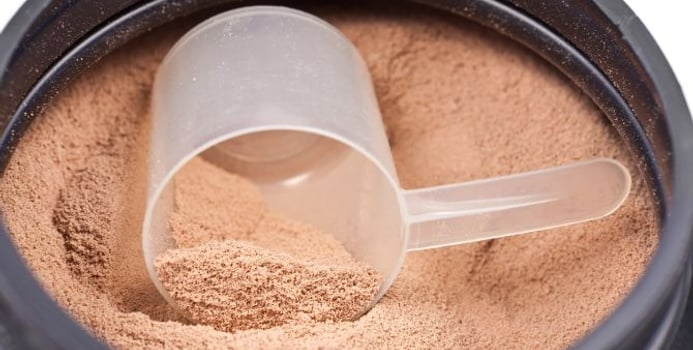Protein is essential to a healthy diet, so many dieters find themselves concerned that they might not be getting enough high quality protein in their daily diet. The following guidelines can help determine the quality of protein in common foods, as well as exactly how much protein they provide and how much is necessary to maintain overall health.
How Much Protein is Enough?
A general guideline is that about 20% of the diet should consist of protein. However, if you exercise frequently, you might need more. Some studies have indicated that slightly higher protein intake is important for effective weight loss, as well, since it helps the body's metabolism work to reduce muscle loss while increasing fat loss. Older people also need higher levels of dietary protein. General daily guidelines are:
- Babies--10 grams
- Teenage boys--52 grams
- Teenage girls--46 grams
- Adult male--56 grams
- Adult female--46 grams
- Pregnant or lactating women--71 grams
Many Americans fall short of these guidelines by as much as 10%. Sufficient dietary protein is important, as it helps build muscle, serves as building blocks for hormones and enzymes, and helps the metabolism run efficiently. Protein also helps increase satiation, making meals more filling and helping dieters keep from feeling overly hungry.
In addition, recent studies indicate that the long-held guidelines for protein intake might actually be too low. Studies from Johns Hopkins and elsewhere imply that slightly higher protein intake--provided that protein is low fat--can improve cholesterol, blood pressure, blood sugar and insulin levels.
What Proteins are High Quality Proteins?
The quality of the protein in the daily diet is also important. Higher quality protein is easier for the body to utilize, and is also healthier for the body overall. So what constitutes high quality protein?
Unfortunately, the most commonly consumed protein food in the US is meat. Yes, meat provides high quality protein, but it also usually comes with a high fat content, as well. Worse, that fat is saturated fat--not a good choice to maintain heart health and optimal cholesterol levels.
The best protein choices include:
- Lean meats
- Fish
- Chicken without skin
- Egg whites
- Low fat dairy products
- Legumes
- Beans and nuts
Replacing even a small amount of the daily intake of carbohydrates with these high quality proteins can lead to dramatic improvements in overal health. This is especially true for processed carbohydrates like sugar and flour, and starchy carbs like potatoes or rice.
How to Add High Quality Protein to the Diet
Counting grams of protein isn't really necessary, so if that approach seems intimidating or time-consuming, never fear. Focus instead on including a high quality protein food item in each meal. Replace high-fat burgers with leaner hamburger or, even better, ground buffalo. Include fish in a meal or two each week instead of beef. Use skinless chicken in recipes instead of beef or chicken with skin on. And don't forget the nuts and beans, which supply protein along with a variety of other vitamins, minerals, and polyunsaturated fats.
Just making a few of these easy changes every day can greatly increase high quality protein intake, and ensure enough protein in the diet to keep the body happy and healthy.



